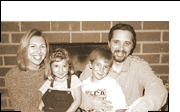 |
![[ The Decision to Donate ]](images/10b.gif) |
|
Many women who decided to have a family late in life are now finding problems conceiving. For some, finding egg donors has been the solution.
|
|
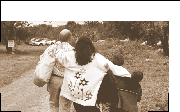 |
![[ Infertility Insurance ]](images/9b.gif) |
|
Infertility advocates say that the failure of insurance companies to cover fertility procedures is discriminatory.
|
|
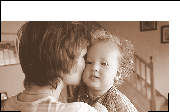
|
![[ No Money for Eggs ]](images/8b.gif)
|
|
The British - faced with few options - are forced to reconsider how they approach fertility treatment.
|
|
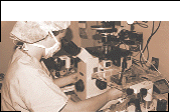
|
![[ Twenty Years of Test Tube Babies ]](images/7b.gif)
|
|
While becoming more commonplace, the once-controversial procedure of in vitro fertilization still doesn't guarantee results.
|
|
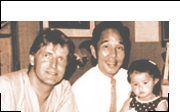
|
![[ Two Men and a Baby ]](images/6b.gif)
|
|
It's now possible for gay male couples to have genetically related children through in vitro fertilization and surrogacy.
|
|
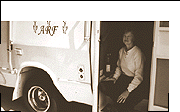
|
![[ HIV and Fertility ]](images/5b.gif)
|
|
Some HIV-infected couples are considering a direction in their lives once thought impossible: having children.
|
|
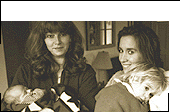
|
![[ Surrogate Motherhood ]](images/4b.gif)
|
|
Learn about the changing practice of surrogacy and meet two women who've carried babies for other couples.
|
|
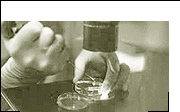 | ![[ The Fertility Industry ]](images/3b.gif) |
|
Discover a world where clinics compete fiercely for customers, doctors become entrepreneurs, and patients are promised a baby or their money back.
|
|
 | ![[ The Biological Imperative ]](images/2b.gif) |
|
Why do people go to such great lengths to produce a biological offspring? Meet some who share their own experiences.
|
|

|
![[ From Barren to Infertile ]](images/1b.gif)
|
|
Explore how changes in cultural mores and advances in medical science have influenced American attitudes about infertility since the colonial era.
|







